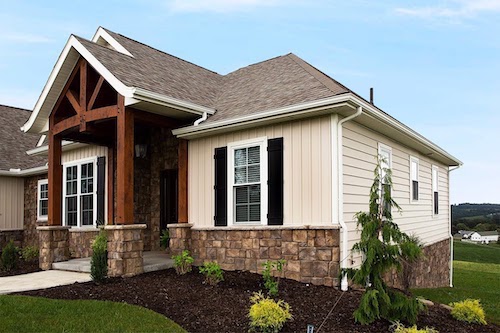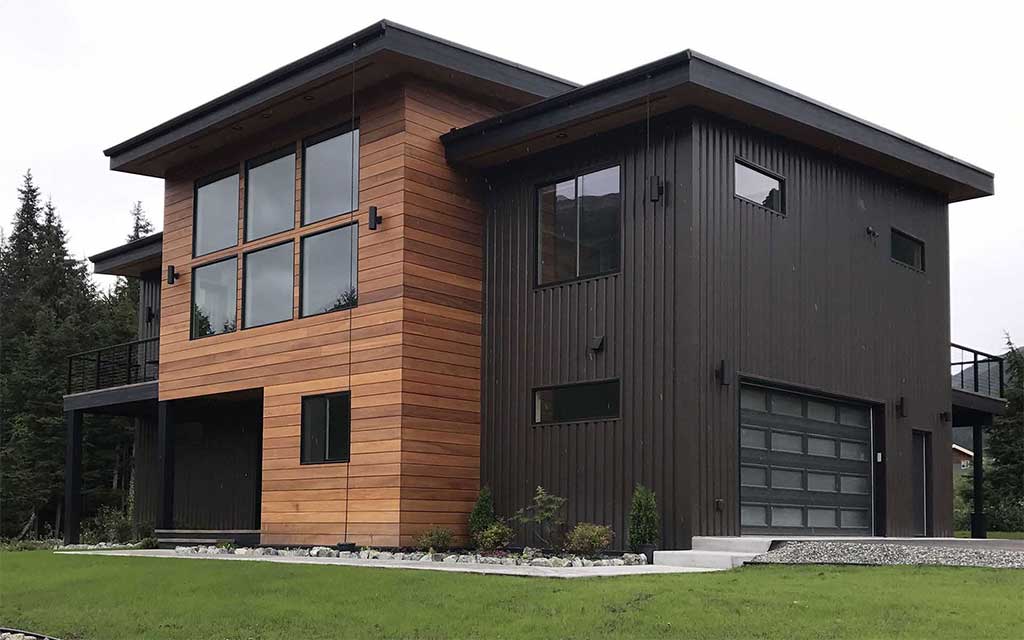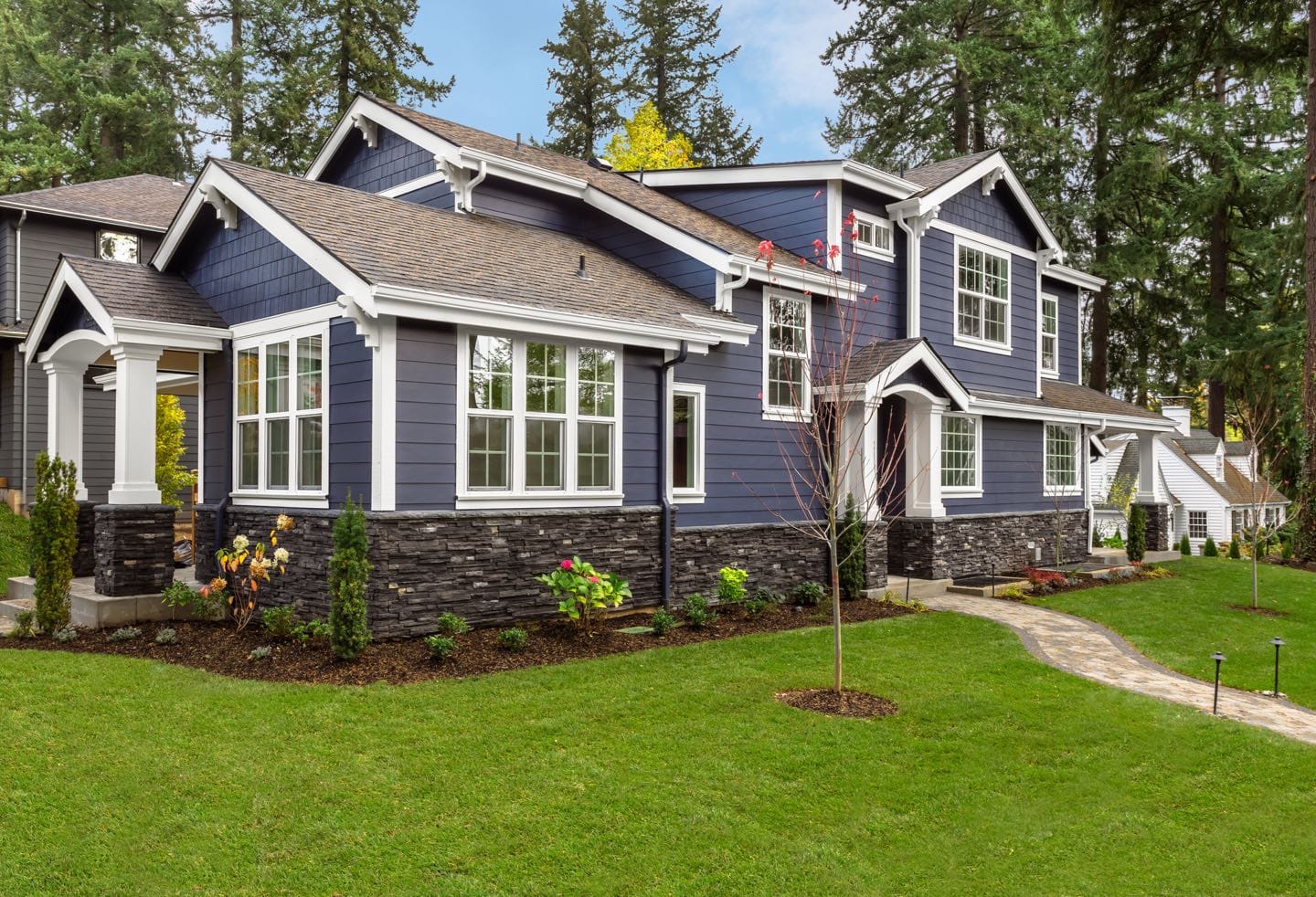There are few subjects in the whole arena of residential construction products that draw battle lines as sharply as vinyl siding.
Benefits of adding vinyl siding to an old house.
Proponents harp on the fact that it never needs painting while its detractors insist that houses should never be covered with anything but real wood.
That makes it ideal for use in climates that experience a lot of rainfall.
Adding siding to an existing wall also changes the dimensions so windows and doors may not.
Another point to keep in mind is cost.
Vinyl siding is made to withstand the elements including heavy wind and impact from hail.
Similar to blown in insulation insulated vinyl siding provides r value for improved energy efficiency.
In addition vinyl must be installed on a flat surface so beveled or clapboard siding has to come off.
Vinyl siding is resilient to any weather condition making it durable and definitely long lasting.
In many cases you can get a lifetime warranty on your vinyl siding that is often prorated for up to 50 years on successive owners.
Although using flat insulation with traditional siding can be a cheaper alternative it doesn t come with all the additional benefits that insulated vinyl siding can provide.
It s strong dent resistant and will wrap your home in a reliable covering for years to come.
Vinyl siding can help especially the more expensive grades of insulated vinyl but vinyl siding is by definition a superficial treatment it basically just hangs on the outside of your house.
It won t swell shrink warp rust or rot.
The materials used to manufacture this product are designed to stand through the sun s extreme heat thunderstorms hailstorms and blizzards.
Under the glare of the sun the colors infused into vinyl panels do fade with time so without a certain amount of care such as occasionally repainting vinyl siding does tend to look old after a few years.
Vinyl is a type of plastic made of polyvinyl chloride and like other plastics it s unaffected by moisture or water.
Vinyl is one of the least expensive sidings a homeowner can buy.
Want to know what else it can do for you.
Unlike metal and wood siding vinyl won t rot corrode or split.
Adding rigid foam insulation board under the siding typically only provides an r value of 4 7 per inch in laboratory conditions with some types of foam losing some of that value as they age.
In addition vinyl resists excessive moisture meaning it won t rot or corrode over time.
Vinyl siding alone offers very little improvement to reducing heat loss.
Let s look at 9 key benefits of vinyl house siding.
More durable than other siding.
While wood siding may swell and warp with humidity vinyl is completely unaffected by rain and humidity.










